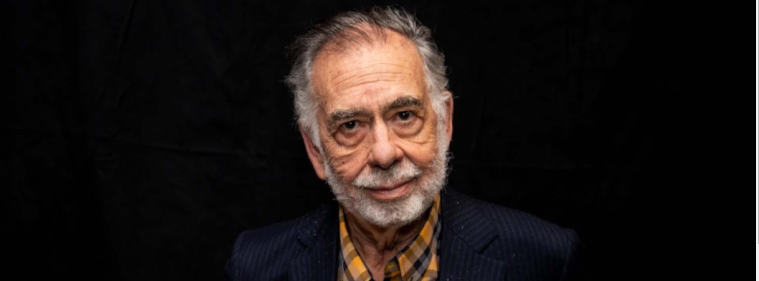Ingmar Bergman. It’s very hard to explain just how impactful his cinema has been to medium; the films speak for themselves: “Persona,” “Fanny and Alexander,” “Cries and Whispers,” “Wild Strawberries,” “The Seventh Seal,” “Through A Glass Darkly.”
At this year’s Karlovy Vary International Film Festival, Swedish actor Stellan Skarsgård opened up about his "complicated relationship" with Bergman and dropped a startling claim about Bergman’s political views during World War II.
Bergman was a nice director, but he was not a nice person. He was manipulative. He was a Nazi during the war and the only person I know who cried when Hitler died.
I was unaware of this. Bergman is widely celebrated as one of the greatest filmmakers in history, renowned for his profound explorations of humanity and morality, so to hear such an accusation from someone who worked closely with him is deeply unsettling.
The revelation startled many at Karlovy Vary, given Bergman’s towering status in the medium. However, Skarsgård doubled down, and elaborated further:
We kept excusing him, but I have a feeling he had a very weird outlook on other people. [He thought] some people were not worthy. You felt it when he was manipulating others. He wasn’t nice.
The comments will no doubt spark fresh debate about Bergman’s personal life, often overshadowed by his transcendent films. Historically, Bergman’s biographical records have not documented Nazi sympathies, and Sweden itself maintained neutrality during the war. Still, Skarsgård’s testimony suggests there are layers of the filmmaker’s personality that might have been previously under-examined.
“Artists are complicated people,” he concluded. “You can be a great artist and still be an asshole. But that doesn’t mean you can’t make great work.”
At least he’s right about that. Sure, we can separate the art from the artist— and Bergman’s films will live on, but his claims about the filmmaker are something else entirely. I wouldn’t be surprised if the Bergman estate issues a statement in the coming days.
Editor’s Note: Archival quotes and memoir excerpts are resurfacing that shed light on Bergman’s youthful support for Adolf Hitler.
Bergman recalled in an interview with author Maria-Pia Boëthius that he first saw Hitler in person during a family trip to Weimar, Germany in 1934, when he was just 16 years old. “Hitler was unbelievably charismatic. He electrified the crowd,” Bergman said (via BBC). His family, he added, placed a photograph of Hitler beside his bed after the trip. “The Nazism I had seen seemed fun and youthful,” he told Boëthius, whose work explored Sweden’s complex neutrality during World War II.
In his 1987 memoir, The Magic Lantern, he admitted, “For many years, I was on Hitler’s side, delighted by his success and saddened by his defeats.” It wasn’t until the full horrors of the Holocaust were revealed that Bergman experienced a turning point. “When the doors to the concentration camps were thrown open,” he confessed to Boëthius, “I was suddenly ripped of my innocence.”






